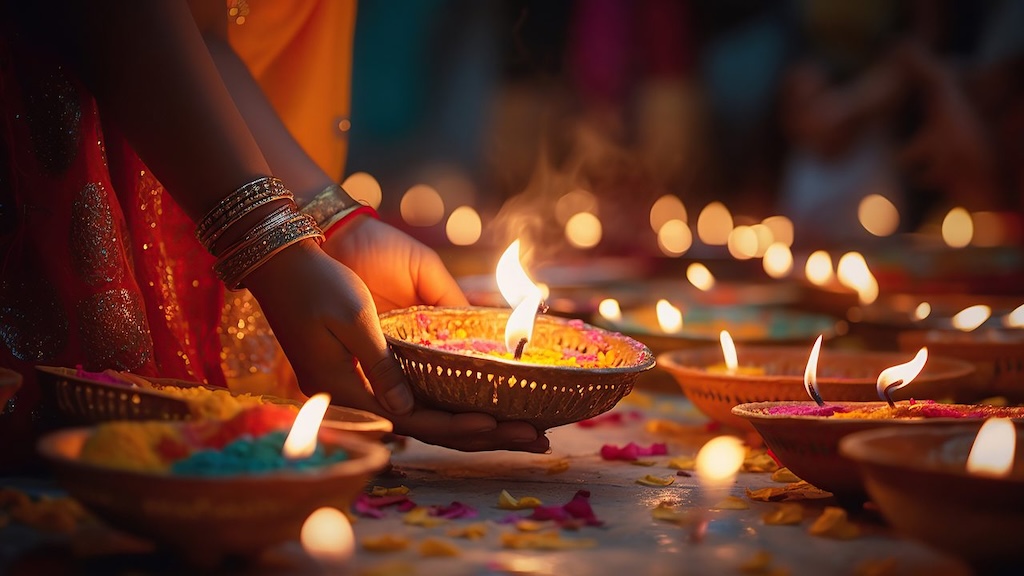
Diwali Festival: The Celebration of Light and Joy
Diwali, more popularly known as Deepavali, is one of the most important and widespread festivals in India. It signifies a triumph of light over darkness and good over evil. The occasion is characterized by bright lights, traditional rituals, and social rejoicing.
This article covers the historical context of the festival, the religious implications that it entails, and the customs followed in celebration that makes it one of the most cherished events in the world for millions.
Historical Background
The roots of Diwali are buried deep within ancient Hindu mythology and holy scripts. There are numerous legends associated with the festival, each forming an individual fold of the multicolored tapestry that it comprises. One popular story behind this festival is the return of Lord Rama, his wife Sita, and his brother Lakshmana to Ayodhya after a 14-year exile, following their victory over the demon king Ravana. The people of Ayodhya lit rows of clay lamps called diyas to celebrate their return, symbolizing the victory of light over darkness.
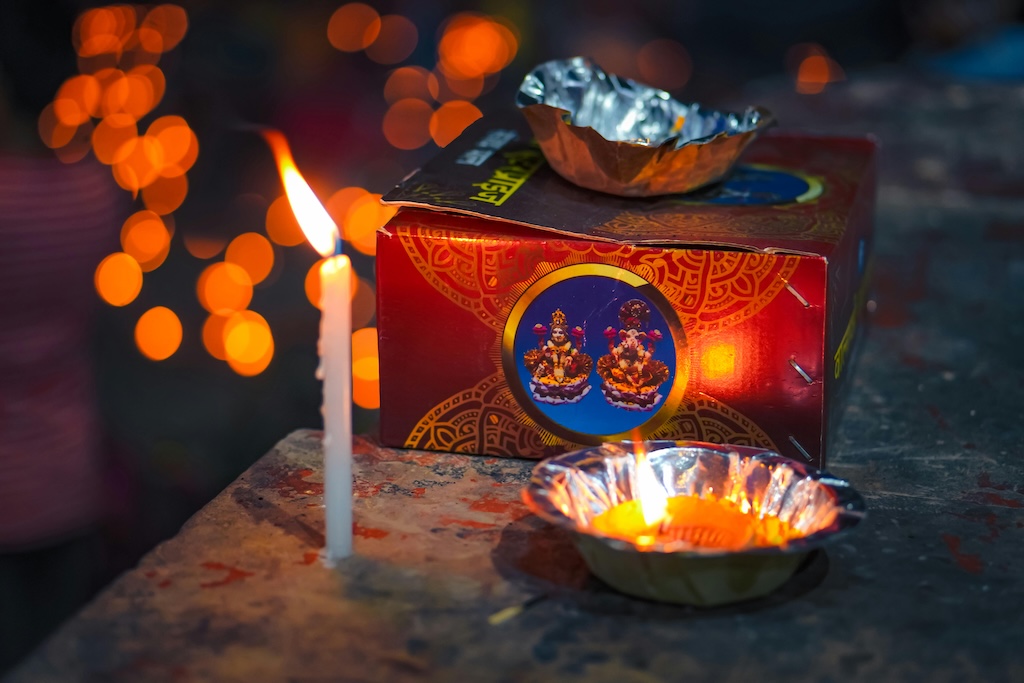
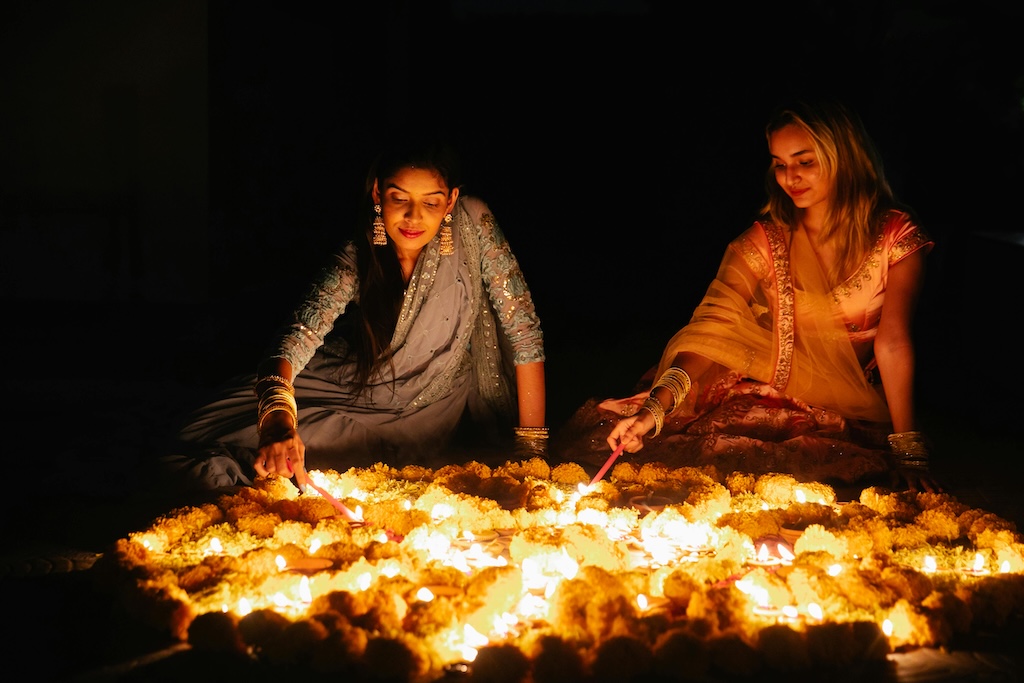
Another legend is that of Lord Krishna, who defeated the demon Narakasura, rescued 16,000 captive princesses, and reinstated dharma. Diwali celebrates this victory in southern India. The festival is also related to the worship of Goddess Lakshmi, the goddess of wealth and prosperity, who is believed to visit homes and bless them with fortune and happiness during Diwali.
Significance of Diwali
Diwali is a multi-day festival, with each day having its own unique significance and customs. The celebration typically spans five days:
1. Dhanteras
Dhanteras is the first day of Diwali devoted to the celebration of wealth and prosperity. People clean their houses and buy something new for them, especially in the form of precious metals like gold and silver, for a good omen. It is also the time for invoking Dhanvantari, the god of Ayurveda, for good health and well-being.
2. Naraka Chaturdashi
The second day, Naraka Chaturdashi, or better known as Choti Diwali, signifies the victory of Lord Krishna over the demon Narakasura. This is a day for early morning rituals, including taking an oil bath, wearing new clothes, and lighting diyas to ward off evil spirits.
3. Lakshmi Puja
The third day, Lakshmi Puja, is considered the most important day of Diwali. It is on this day when families offer pooja, with great devotion, to the Goddess of Wealth, Lakshmi, hoping she will bless them with wealth and prosperity. Houses are beautifully decorated with rangoli, lights, and flowers. The evening is filled with diya lighting and fireworks, thus creating an atmosphere of gaiety and festivity.
4. Govardhan Puja
The fourth day is Govardhan Puja, which celebrates the lifting of the Govardhan Hill by Lord Krishna in order to save the villagers from heavy rain. Different kinds of preparations are made on this day to offer to Lord Krishna as a thanksgiving and devotion.
5. Bhai Dooj
The fifth and last day called Bhai Dooj is a celebration of brother-sister relationship. Sisters perform various rituals for the longevity and well-being of their brothers, while brothers return gifts and promises of protection to sisters. This day reinforces the ties of brotherly and sisterly love within the family.
Traditions and Customs
1. Diya and Candle Lighting
One of the most iconic customs of Diwali is the lighting of diyas and candles. These small oil lamps are placed around homes, balconies, and temples as a sign of dispelling darkness and ignorance. The glow of countless lamps creates a mesmerizing sight, transforming the night into a festival of lights.
2. Rangoli
Rangoli involves an art of intricate nature, using multi-colored powders to create appealing designs on the floor, normally at the entrance of homes. These designs will pave the way for prosperity and good fortune. Rangoli making is a creative and fun activity; thus, women and children are still preparing for Diwali.
3. Fireworks and Sparklers
Fireworks and sparklers are an important part of Diwali celebrations. Nights were set ablaze with colourful fireworks, which made nights spectacular and added to the joy. It is one thing that the children love but also does the adults as they see the sparkle and the joy it brings.
4. Exchanging Gifts and Sweets
Diwali is the time for sharing and spreading joys. Families and friends exchange gifts and sweets as a token of love and good wishes. Traditional sweets such as laddoos, barfis, and gulab jamuns are prepared and distributed, adding to the sweetness of the celebrations.
5. Diwali Fairs and Melas
Diwali fairs and melas are also held at many places in India selling everything from trivial commodities to eateries and an entertainment spree. In fact, the fairs are enormously crowded and present an atmosphere of festivity through the array of shopping and feasting along with enchanting performances.
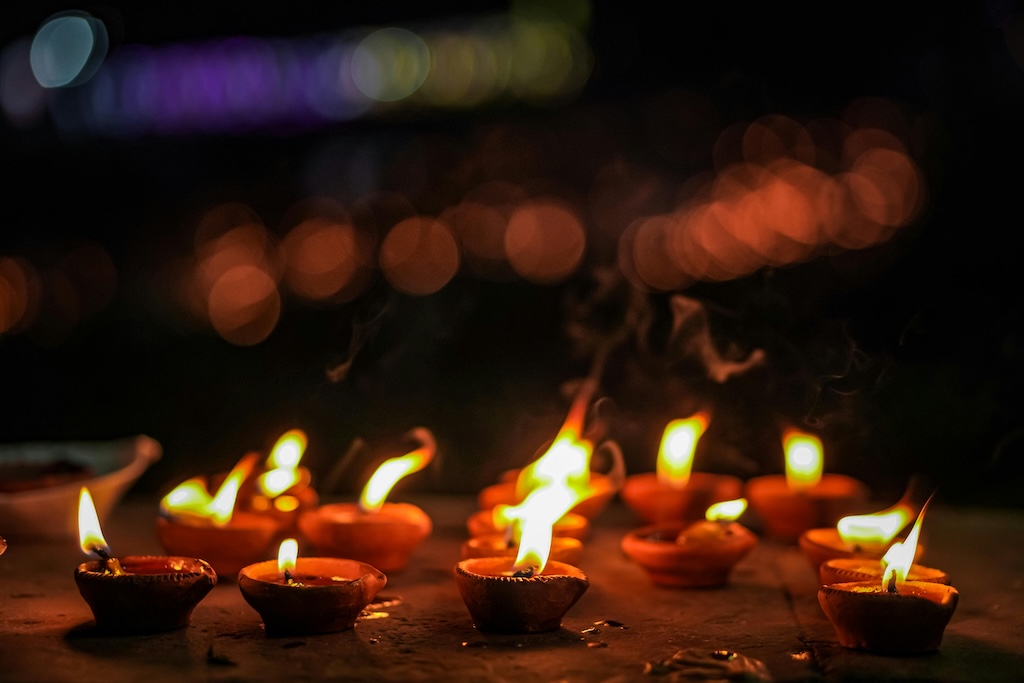
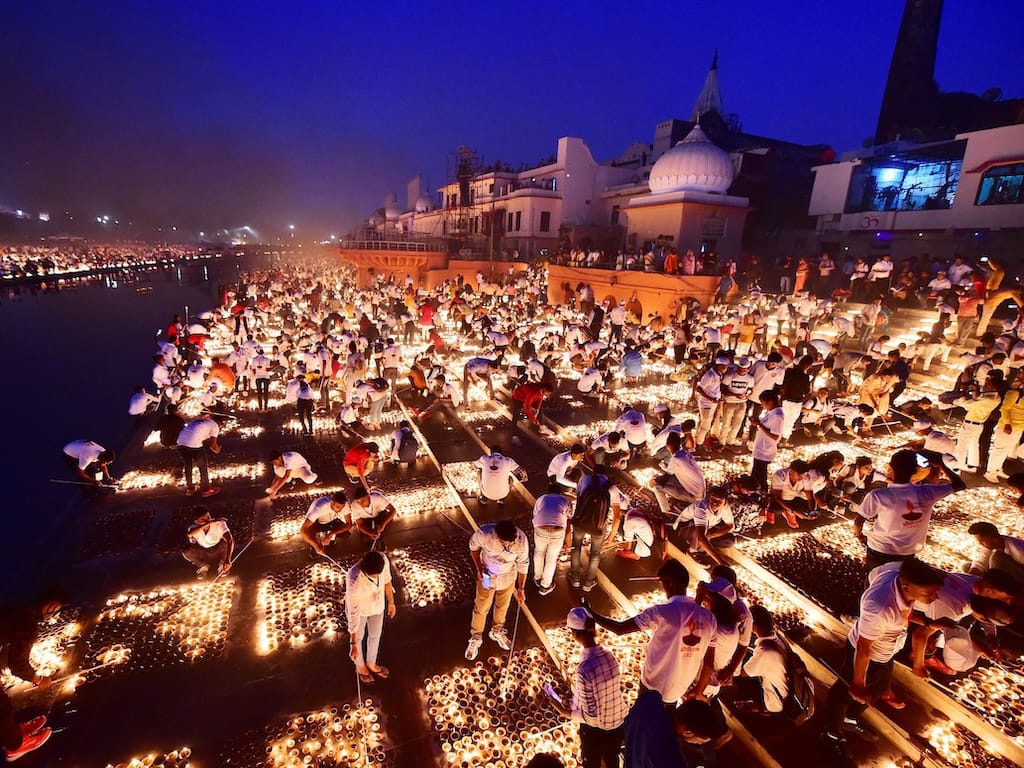
Modern Celebrations
Although Diwali still retains its traditional spirit, new elements are surely coming up in the celebration nowadays. In cities, electric lights and lanterns light up homes, lending a modern twist to the festival. Social networking sites are agog with Diwali greetings and wishes, bringing cross-continental families together.
Environmental awareness has also led people to celebrate Diwali. Many communities are going for eco-friendly diyas, crackers, and other decoration materials that do not harm the environment. This will ensure that the spirit of Diwali remains alive but in an eco-friendly manner.
Conclusion
Diwali Festival epitomizes the spirit of unity, joy, and renovation. It brings people together, belonging to different walks of life, in the celebration of victory of good over bad, light over darkness, and knowledge over ignorance. The rich tapestry of customs and traditions added to the warmth of familial bonds and the joy of communal celebrations make Diwali a truly remarkable and cherished festival.